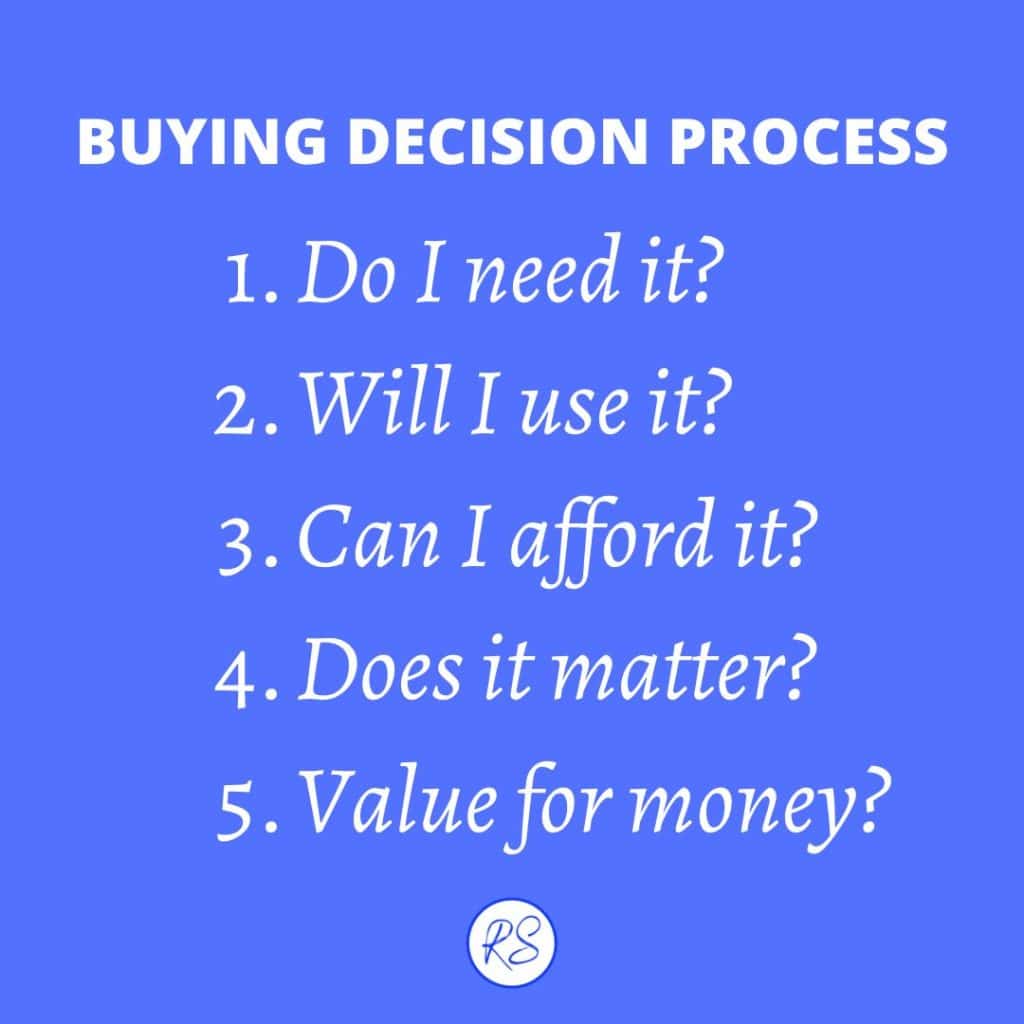
Financial peace isn’t the acquisition of stuff. It’s learning to live on less than you make, so you can give money back and have money to invest. You can’t win until you do this. ~Dave Ramsey
Many people are searching for the steps to financial freedom. Search the internet, and there will be references to seven, eight, nine, and even ten steps, but I think only four steps matter.
However, before I discuss those steps, let us first think about the biggest cause of people remaining poor, namely the debt burden.
Statistics suggest that most people these days are heavily in debt. And debt is a burden that enslaves us. Knowing we have debts can be stressful.
What is the underlying cause of such debt? That’s simple. Mostly, it’s the overuse of credit cards with little or no thought to how this will affect our financial well-being.
Unsecured debt built up through the excessive use of credit cards is expensive. Very, very expensive!
That means even a small sum outstanding on a credit card can quickly become a large debt due to the effect of compound interest if you only make the minimum payment each month.
Are you affected by debt, dear reader? Are your finances out of control? Would you like to achieve financial freedom?


Steps to Financial Freedom:
People often say, “If only I could increase my income, I could pay off my debts.”
Those same people, if they did increase their income, would probably just spend more. And financial freedom would remain a distant dream.
If financial freedom is your aim, then you must take control of your finances. The steps to financial freedom are as follows:
1. Spend less than you earn:
It all starts with spending less than you earn. If you spend less than you earn, you can work on becoming debt-free and then start to build capital.
2. Pay yourself first:
You must always pay yourself first. What does that mean? It means that as soon as you get paid each month, you take a minimum of 10% of what you earn and put it away somewhere safe immediately.
Never, ever wait until the end of the month to see what you’ve got left.
If you do that, you’ll never save anything.
If you take 10% upfront, it will just be another debit on your income like taxes and pension contributions. You’ll quickly get used to having only the remaining 90% to live on.
And what do you do with the 10% or whatever you’ve put away?
3. Eliminate credit card debt:
Initially, if you have a credit card debt burden, then it makes sense to use that money to deal with paying off your debt first because the interest you’ll pay on the debt is always greater than any interest you’ll get on savings.
To pay off your credit card debt, you must find a way to eliminate the interest element each month so that any payments you then make go against the outstanding balance.
And how is that done?
Well, when you take out a new credit card account, it often comes with a period of zero interest, usually six months. These accounts also usually allow you to transfer in outstanding debt from another credit card account.
So by moving from one card provider to another and transferring the debt across to the new account, you then have a period of six months to make payments against the outstanding balance without accumulating interest on the old debt.
Never, ever use this card to increase your debt. Use it only to reduce your debt.
At the end of the period of zero interest on your new card, repeat the process if necessary. Once again, you move to another card account offering you a zero-interest period. By focusing only on the outstanding balance, it will be paid off sooner.
Eliminating the burden of debt is the first step on the road to financial freedom.
Freedom from debt will give you peace of mind. And that peace of mind is a good reason for spending less than you earn.
Once the debt is cleared, what next with the money you’ve paid yourself first?
4. Build capital:
Initially, put your money into a savings account. Then, as that builds into a larger sum, you can start thinking about other forms of investment like stocks, bonds, and property.
Once you develop the habit of putting some of your money away each month, it’s amazing how quickly it accumulates into a decent capital sum, and you’ll be on the road to achieving financial freedom.
Conclusion:
Learn to live within your means.
If you live modestly and spend your money wisely, you can ensure that you have enough money when you need it.
You can also build that nest egg for your retirement and give a little back to those less fortunate than yourself. And you’ll feel so much better about yourself, too.
Conversely, gathering too much clutter through excessive spending on things you don’t need can become stressful, as well as wasteful. The choice is yours.
Financial freedom is achievable, and it will give you peace of mind.
You will sleep better knowing you’re debt-free.
The steps to financial freedom are quite simple. Spend less than you earn; pay yourself first; eliminate expensive credit card debt; and start building capital.
Do this, and one day your older self will be grateful you made the effort, I can assure you.

Please share this post with your friends:
Did you find this article interesting and useful?
If so, then please share it on social media with your friends. When you share, everyone wins.
So, please share it right now. If you do, I will be ever so grateful, and you’ll be helping a keen blogger reach a wider audience.
Thank you for your support.

Other articles you might also find interesting:
- 11 tips for improving quality of life now
- What is life’s most precious resource?
- Daily Habits of Successful People
- How to find the right job for you: Simply Explained
- How to spot a liar and be your own lie detector
- Self-promotion and why it matters if you want success
- 21 things you need to know in life to avoid its pitfalls
- 9 tips for getting the most from your work
- How to sell anything to anybody
- Wealth Creation Strategies
- Brian Tracy: Habits of Success
- Why you should make a difference in life
- Why enjoying yourself can never be a waste of time
- Why passion is the key to success
- The importance of friends to our lives
- How to deal with criticism in the workplace
- The secret to happiness
© Mann Island Media Limited 2025. All rights reserved.







